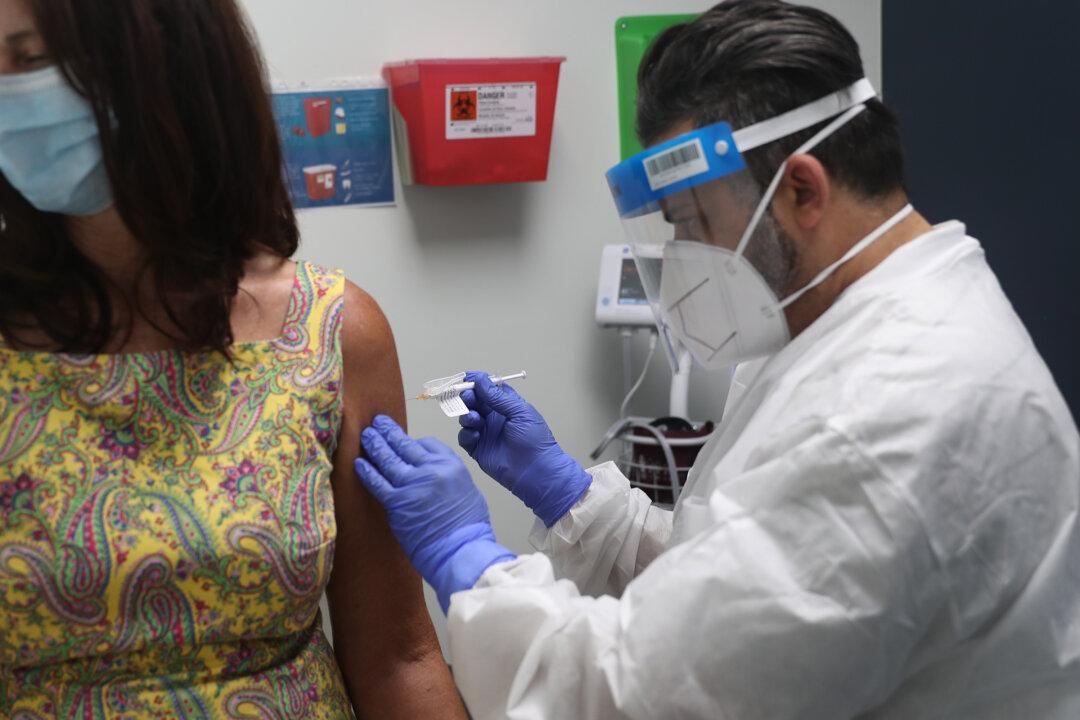Virginia’s health commissioner said he intends to require people to be immunized for the CCP (Chinese Communist Party) virus once a vaccine becomes available to the public, crystallizing fears that Americans will be forced to be vaccinated.
The virus “is killing people now. We don’t have a treatment for it, and if we develop a vaccine that can prevent it from spreading in the community, we will save hundreds and hundreds of lives,” Dr. Norman Oliver told Richmond news station 8News last week.





